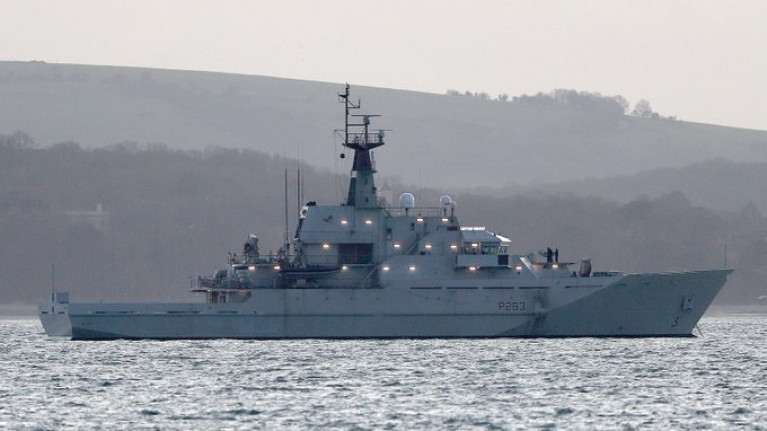Displaying items by tag: Standy Partrol
UK Royal Navy's Standby Patrol 'Irresponsible' - Irish MEP Barry Andrews
The Irish MEP Barry Andrews has criticised the British government's plan to put Royal Navy patrol boats on standby to protect UK waters in the event of a no-deal Brexit.
"I think it is irresponsible. It's completely inappropriate. It's 19th century gun boat diplomacy," he said.
The British Ministry of Defence said four ships were ready for "robust enforcement" when the transition period ends as fishing continues to be one of the major sticking points in negotiations.
Mr Andrews, a member of the European Parliament Committee on International Trade, said the announcement was made the day after the European Commission published a regulation that would have allowed for reciprocal EU-UK access to each other's fishing waters.
"We have an approach to a modern free trade deal and a responsible attitude in the event of no-deal and the UK decides to deploy naval vessels.
"It is very disappointing to see this and it doesn't bode well for an accord being reached in the next 48 hours," the Fianna Fáil MEP said.
The Department of Defence told RTÉ that fisheries protection "in accordance with the state's obligations as a member of the European Union" is the main day-to-day role of the Irish Navy.
It said 90% of the patrols it carries out "on a regular and frequent basis" are dedicated to it. The patrols cover Irish waters from the shoreline to the outer limits of the Exclusive Economic Zone.
For much more reports RTE News





























































